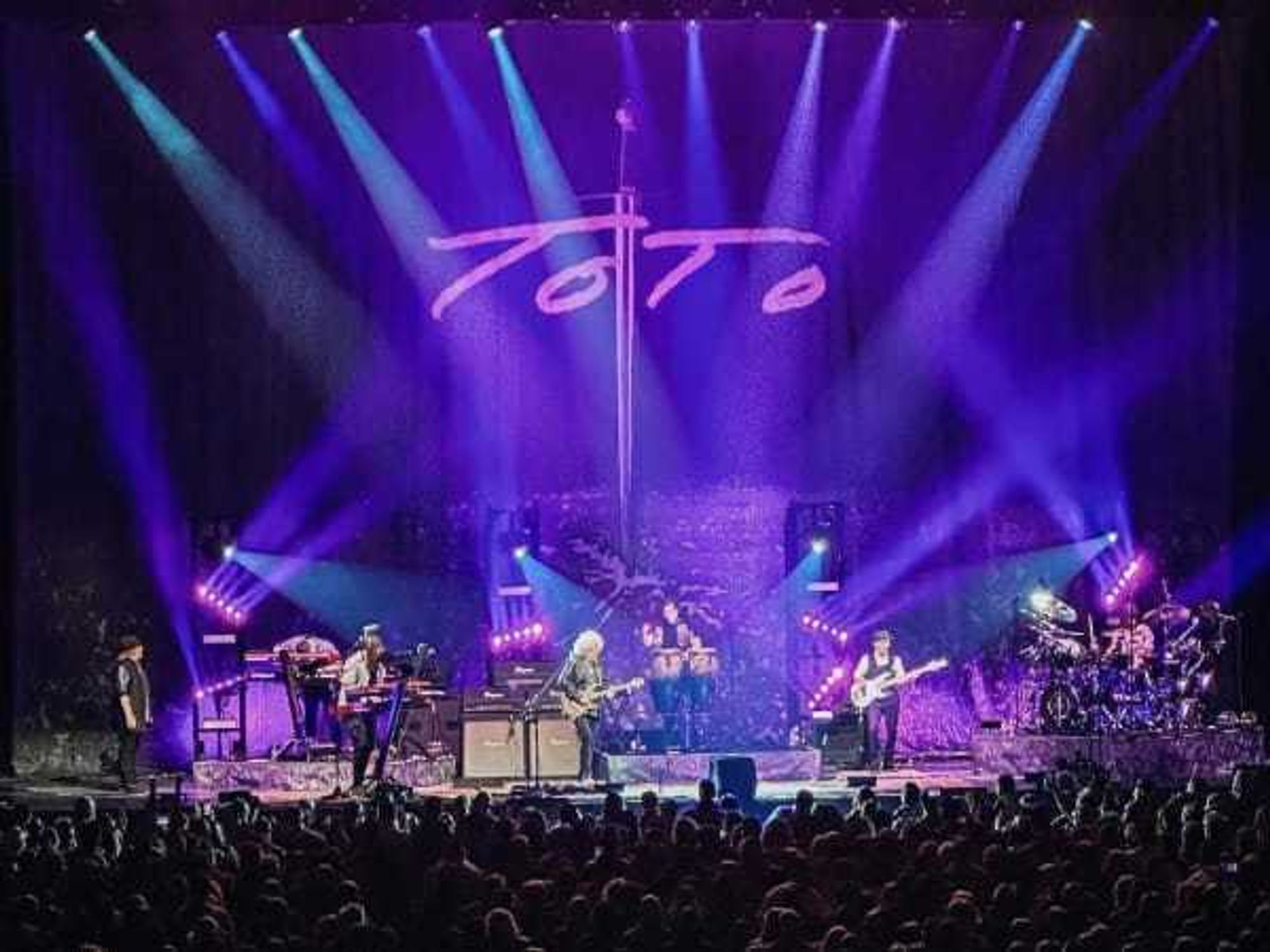At the Arthouse
Polanski's suspenseful Ghost Writer is an exercise in '70s-style paranoia
Roman Polanski’s new film (I wish I got to say that much more often) The Ghost Writer has an unusually juicy conundrum near its heart.
Pierce Brosnan’s character, Adam Lang, is a once-popular, now-disgraced — and even legally imperiled — former British prime minister. For helping an unnamed American president run his dirty wars in the Middle East, Lang has been accused by the World Court of war crimes, and is in danger of being arrested if he leaves the United States, where he’s taken up residence.
So — is Lang supposed to be Tony Blair or Polanski himself? Blair was recently called before Parliament to justify his decisions in the buildup to the Iraq War, while Polanski was, of course, arrested last September and faces a forced return to the U.S. to stand trial for the statutory rape of a minor. I guess the answer is that Lang’s situation resonates for both men.
It makes you wonder what else Tony Blair and Roman Polanski have in common.
I say that the Blair/Polanski comparison is near, rather than at the film’s heart because Lang is not the film’s protagonist. The Ghost Writer’s plot teems with characters and subplots, and the only character who’s onscreen the whole time is the titular character, the unnamed ghost writer played by Ewan McGregor.
The former prime minister is “writing” his memoirs, and the previous “ghost,” who was also Lang’s most trusted aide, has recently died in a somewhat mysterious manner. McGregor is rushed in to replace him. Perhaps he’s been chosen because he’s so unthreatening; his most recent ghosting effort was the memoir of a magician — I Came, I Sawed, I Conquered.
When the Ghost arrives at Lang’s Martha’s Vineyard compound, a stunningly designed modernist house nestled among the dunes, he finds himself in a kind of no-man’s land. With a sureness of touch that recalls Hitchcock, Polanski depicts Lang-land as a sinister, if not downright creepy place where everyone harbors dark secrets. The Lang compound is, in fact, a kind of haunted house, and not just because there’s a ghost writer sleeping under the roof. The memory of Mike, the dead ghost, hangs over the proceedings as if he were Banquo himself. But if he were in fact murdered, who killed him, and why?
Polanski and his impeccable cast point us first in one direction and then another. Does Lang protest too much when he carries on about how much he misses Mike? His quite intimidating personal secretary, the amusingly named Amelia Bly, played by a just barely recognizable Kim Cattrall (Sex and the City’s Samantha), seems capable of murder. And Lang’s wife, Ruth, played with a fierce magnificence by Olivia Williams, harbors enough resentment to go around; Hillary-like, she’s put her husband’s career ahead of her own and has apparently lived to regret the bargain. But the key word here is “apparently,” because, to a delicious degree, nothing in The Ghost Writer is as it seems.
In fact, given the resonance of its subject matter, I’d have to say that there’s a great movie here, hidden inside the limitations of a very good genre movie. Brosnan and Williams are rich characters, played by superb actors at the top of their form. In a couple of his precisely observed gestures, such as the amused way he slouches in the seat of his private jet as he grants his ghost an audience, Brosnan completely disappears into his character, which is not easy to do after a near-lifetime of playing 007. And there’s a very British, barely throttled intensity to Williams’ performance that she’s never shown before. A film that took us inside their history together could’ve possibly given Polanski a bookend for his masterpiece, Chinatown.
Instead the movie focuses on the Ghost’s efforts to unravel the mystery of his predecessor’s death, and the juiciest bits of the film don’t get explored as deeply as they could. This is not really a complaint. The Ghost Writer is very enjoyable, an exercise in 70s-style paranoia, and even filmmaking technique. Polanski has no need for quick editing and shaky cameras. He frames his scenes classically, allowing us to study his characters rather than try to keep up with them, and he lets the tensions build inside those frames until they become quite intense.
He even ends the film in the old way, with a chilling surprise that we don’t see coming, even if in retrospect we should have.
I just hope that Polanski is working on the story of the Bush administration. He could give us the definitive Dick Cheney.
